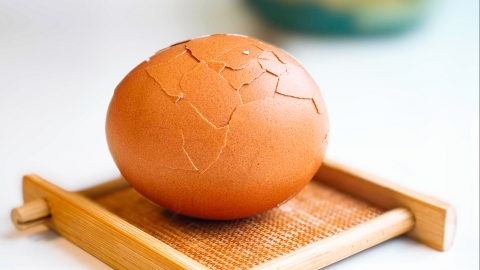Can I eat eggs when I have a cough?
Generally speaking, whether one can eat eggs during coughing depends on the specific cause of the cough and the patient's physical condition. Detailed analysis is as follows:

If the cough is caused by common cold, bronchitis, etc., and the patient's digestive function is normal without discomfort such as nausea or abdominal distension, and there is no egg allergy, eating eggs is usually acceptable. Eggs contain high-quality protein that can provide energy, help repair respiratory mucosa, and enhance resistance. Choosing mild preparations such as steamed egg custard or boiled eggs can also reduce throat irritation and aid recovery.
If the cough is allergy-related, or the patient has an egg allergy, or there is significant digestive discomfort during coughing, eating eggs is not recommended. Eggs are a common allergen, and allergic individuals may experience worsened cough symptoms after consumption. When digestion is impaired, protein intake may increase gastrointestinal burden and be detrimental to symptom relief.
When consuming eggs, always choose fresh ones and ensure they are fully cooked; raw or undercooked eggs should be avoided. Each serving should not be excessive, one egg is sufficient, and should be consumed with congee, vegetables, and other bland foods. Drinking plenty of warm water during coughing episodes and avoiding spicy, greasy foods is advised. If coughing worsens or rashes appear after eating eggs, consumption should be stopped immediately, and medical attention should be sought for diagnosis and appropriate treatment.







